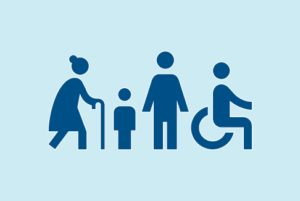Many conversations are underway about the impact of the One Big Beautiful Bill Act, the new law that includes the largest health care cuts in U.S. history — $1 trillion over the next decade.
Here in California, hospitals are estimated to lose between $66 billion and $128 billion in Medicaid and Medicare revenue over the next 10 years. While some of the cuts may not take effect immediately and we will press for more time where possible, a critically important perspective is taking hold: These changes and their impact on today’s health care are here for some time.
The policies enacted and the sheer size of the reductions suggest this is likely a decade-long reset of federal financing for health care, shifting more of that responsibility to states. And in California, already challenged by current and future state budget deficits, that impact will be deep.
Challenges in this new environment? There are many. The conversation in Washington, D.C., has shifted over the last couple of days to talk of perhaps another budget reconciliation bill focused on Medicare changes and a new proposed federal regulation out this week with potential negative financial impacts for some hospitals related to price transparency and the 340B drug program.
Important now is the work to adapt to that new environment, and hospital leaders are asking all the right questions.
What operational changes are needed and what help might be available for hospitals with challenged finances? What can be done to make the Medi-Cal program operate differently and more efficiently in an environment of constrained resources? In the face of coverage losses, what can local community organizations do together in partnership to continue to provide access to and continuity of care? And more.
As we work together on this challenge, there are many questions and no easy answers. But it is a future that we’ll shape together in real time, as hospitals persevere in meeting their mission of care.


